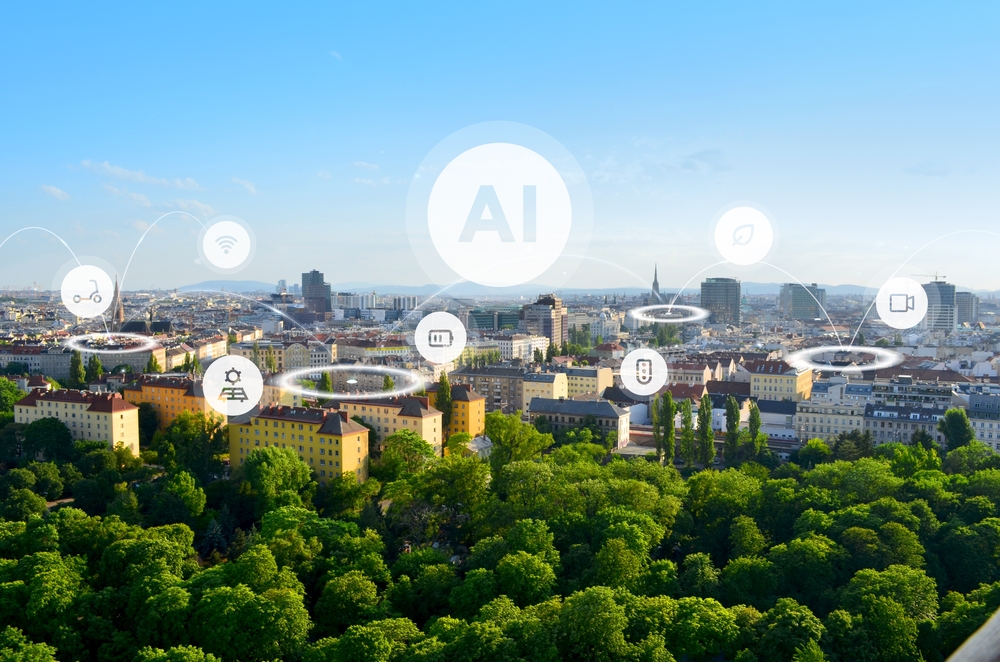Saudi Arabia is rapidly reshaping its transport landscape with AI-driven smart mobility as a central pillar of Vision 2030. This initiative is not just about upgrading roads. It’s about building smarter, safer, and more connected cities where artificial intelligence supports everyday life and movement.
AI-Driven Smart Mobility: A New Era Begins
AI-driven smart mobility combines artificial intelligence, real-time data, and connected systems to create seamless transportation experiences. In Riyadh, autonomous vehicle and robotaxi trials have already begun at key locations such as the airport and educational districts. These developments signal a major step toward integrating intelligent transport solutions into daily life.
NEOM’s “The Line,” a futuristic car-free city powered by AI and renewable energy, showcases how deeply this vision is embedded in Saudi Arabia’s future planning.
Investment and Innovation Powering the Vision
Saudi Arabia is backing AI-driven smart mobility with strong financial support and global partnerships. One of the most significant moves is the USD 100 million investment by the NEOM Investment Fund into autonomous vehicle company Pony.ai. This investment accelerates self-driving technology and positions the Kingdom as a leading hub for mobility innovation.
Why AI-Driven Smart Mobility Matters
The adoption of this smart mobility offers wide-ranging benefits across society, the economy, and the environment. Some of the key advantages include:
- Reduced traffic and pollution through intelligent traffic systems and autonomous vehicles.
- Economic diversification, supporting Saudi Arabia’s shift from oil dependency to advanced technology sectors.
- Smarter and safer cities, where data-driven systems manage transportation efficiently and predict potential risks.
Public interest in innovative mobility solutions is strong, with around 77.8% of Riyadh residents willing to use them, despite current usage remaining low at nearly 9%, indicating huge growth potential.
Challenges on the Road to Transformation
While progress is impressive, Saudi Arabia faces several challenges in achieving full-scale smart mobility:
- Infrastructure demands, including 5G networks, smart sensors, and autonomous vehicle regulations.
- Public trust and safety concerns as people adapt to driverless technology.
- Cultural shifts are especially evident in reducing reliance on private cars.
These challenges require time, education, and strong policy support, but the nation’s commitment to innovation is evident.
What’s Next for Saudi Arabia?
The future of AI-driven smart mobility in Saudi Arabia looks promising. Autonomous vehicle programs are expected to expand to more cities, while AI-powered traffic systems and high-speed transport networks are set to become more advanced. Mega-projects like NEOM will continue to lead global innovation in sustainable and intelligent living.
Final Thought
Saudi Arabia’s journey into smart mobility reflects a bold and visionary transformation. By combining technology, sustainability, and urban innovation, the Kingdom is positioning itself as a global leader in the future of transportation, and the world is watching.
Follow ArabWheels for more information on automotive innovation.
